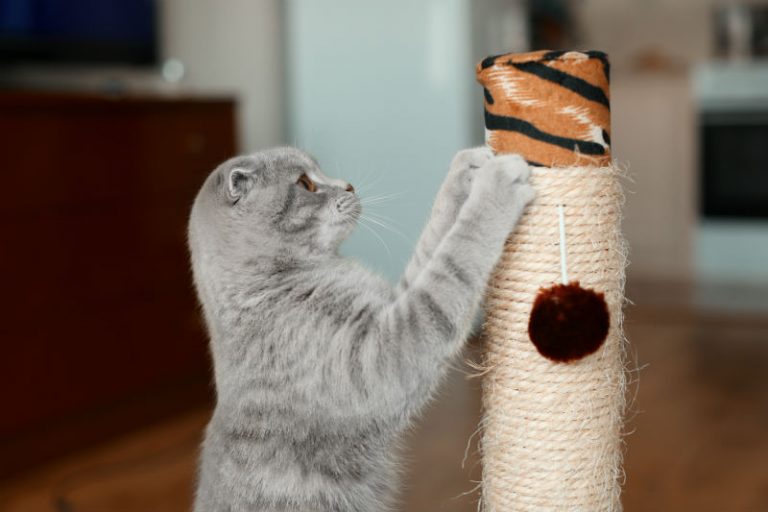It sure is! The cold weather is upon us and whenever we head outside to get some fresh air or scrape off the car or shovel away all of that snow, we get bundled up with our winter coats, hats, mitts and boots to stay warm and protect ourselves from the elements.
We must keep in mind that our pets, despite having furry coats of their own, get cold and need protection from the elements that winters in Nova Scotia bring. Hypothermia is very dangerous to our pets and this will be our focus of discussion today.
So, what exactly is hypothermia? In a nutshell, hypothermia is a condition where the core (internal) body temperature drops below the temperature required for normal metabolism. Depending on the degree of hypothermia, clinical signs or symptoms you may see include decreased body temperature (your pet feels cold), lethargy, weakness, shivering (this may not be seen in later or worse cases of hypothermia), agitation, clumsiness, increased or decreased respiratory rate, coma and death. If you are concerned at all about your pet contact us right away!
Obviously we want to avoid hypothermia and deal with it in a proper fashion when it is recognized. Prevention is the key. We want to avoid prolonged exposure to the winter elements especially in those conditions that increase heat loss. Cold, windy and wet conditions increase heat loss. It is important to recognize all pets are at risk but those with thin coats, low body fat and low energy storage as well as very young and very old pets are more at risk. Again if you feel that your pet may be suffering from hypothermia, get them to your veterinarian immediately. Giving your pet a hot water bath is NOT the right thing to do! It can cause blood vessels to rapidly dilate (expand) which can decrease blood pressure and lead to cardiac collapse (heart failure). Typically your veterinarian will rewarm your pet using numerous reheating methods including reheating the trunk area especially with an air rewarming blanket (Bair Hugger TM), heating pads/discs (taking care not to cause burns) and warmed intravenous (IV) fluids.
In summary, this is the time of year when hypothermia is most likely to occur and is very dangerous. Taking care to prevent, recognize and seek proper treatment for hypothermia can save your pets life.



